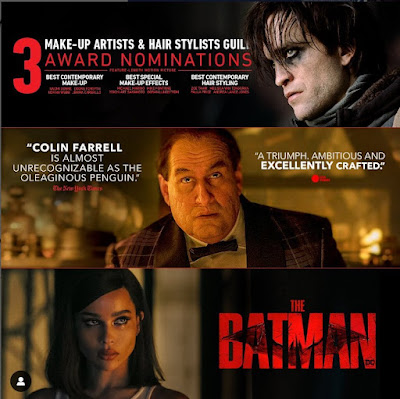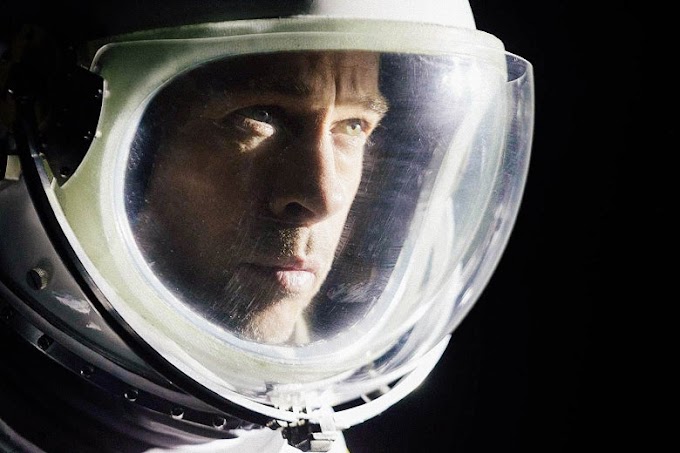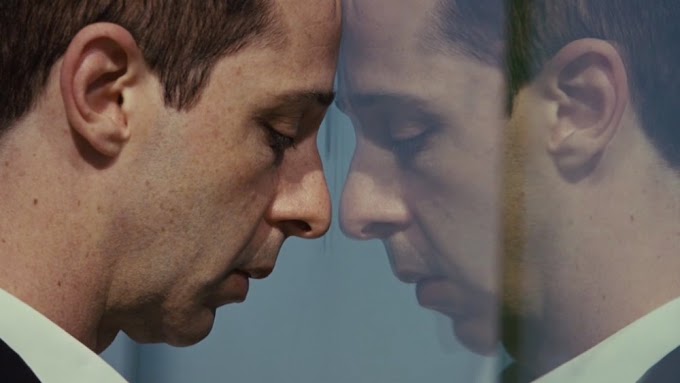Better than anything that guy with a hammer can do for Norse theology or what Elon Musk’s doppelganger in a metallic red suit can do for science; Batman is for culture.
Ignoring all the prequels that came before it and all the sequels that will – unavoidably – come after, The Batman as a standalone blockbuster film is a thing of beauty.
Though usually I'm a true cynic towards lazy money-grabbing movie franchises, there’s no denying that The Batman is attuned with its place in time, consistent in voice and self-aware in it. And then there’s Colin Farrell as the Penguin. Did you see him? Me neither! Amazing.
To compare Robert Pattinson’s Batman with Christian Bale or
Keaton’s is to misunderstand the assignment. With each new rehashing of the
canon, something new is brought to the reader’s table and this time it is a dark
look at our unique cultural moment.
It’s all there; radicalised trolls wanting societal
retribution, rich white men and politicians being corrupt and POCs taking back
the city, pushing for justice. This is the United States of the 2020s. So what
if it’s a cartoonish caricature of what it represent s? It’s Batman for Christ(ian)’s
sake.
Better than anything that guy with a hammer can do for Norse theology or what that Elon Musk doppelganger in a metallic red suit can do for science. Batman is for culture. To underestimate it or write it off as secondary to Bale’s growl or Halle Berry’s sauce is to forget just how important these movie universes are for culture.
 |
| https://www.instagram.com/p/CnStvv6vQfB/ |
What I intend to say is that the influence of this franchise
cannot be overstated. World leaders watch Batman and the world’s trolls too.
And world-leading trolls, potentially also.
However, the message of The Batman is not hard to read if you can manage to look beyond Zoe Kravitz’ distractingly smoky eyes. The message is told in black and white: the dichotomy of good and evil is a two-sided division of a whole, not two separate entities.
While there is surface-level plot and a stereotypical bad
guy – recognisable from previous instalments as The Riddler – what’s all the
more interesting is the subtext of Batman’s own personal existential narrative –
his psychological fight with himself to
remain principled in the face of utter nihilism.
Comparing the main story’s bad guy with Batman himself is
also eye-opening. The difference between the two is the show of empathy that Batman
makes in the presence of injustice and cruelty. Batman’s intention is to proffer
a hand in support of the weak and he doesn’t pull it away at the last moment to
smooth his hair down. Maybe Affleck’s Batman would’ve, but not our new guy.
Robert Pattinson as Batman talks of the world as it is –
spoiler alert – flooded and fucked. He talks of the need for faith. Faith in
overcoming our failings as people and as a species. But this is not a popular
view in the West as the attraction of traditional faiths such as Christianity
wanes in favour of atheism, spiritualism and nihilism.
Our new guy knows the value of empathy and though the
culture might attempt to pin all acts of kindness down to ‘virtue signalling’,
it’s kindness, generosity and the belief in a better future that wins out.
Nevertheless, much of The Batman is not optimistic. Even with
a line drawn in the sand, we best prepare for that shit to be washed away with
a new day. Locking up evil and championing good will not work until we see the
capacity for both in everyone – even the most active of social justice warriors.
Bad conscience will always find a way to test us.
The poison is also the cure, the extent of a movie’s power
is also very much the problem. Art is both distracting and essential to our
collective growth as a species. But, the desire to blunt our energies through
entertainment is how we collectively allow all the horrors of the world to
happen. Distracted from the real issues, we are pliant and complicit in our own
downfall.
Perhaps balance is the answer and some of Warner’s profits shared.








0 Comments